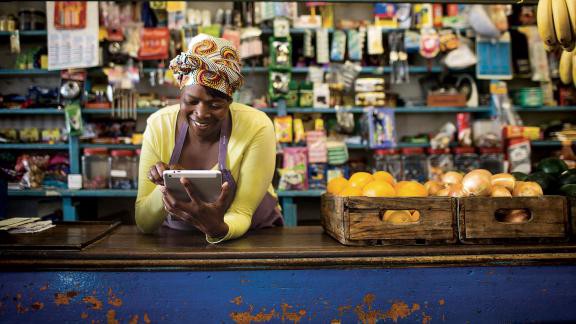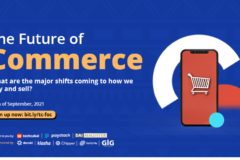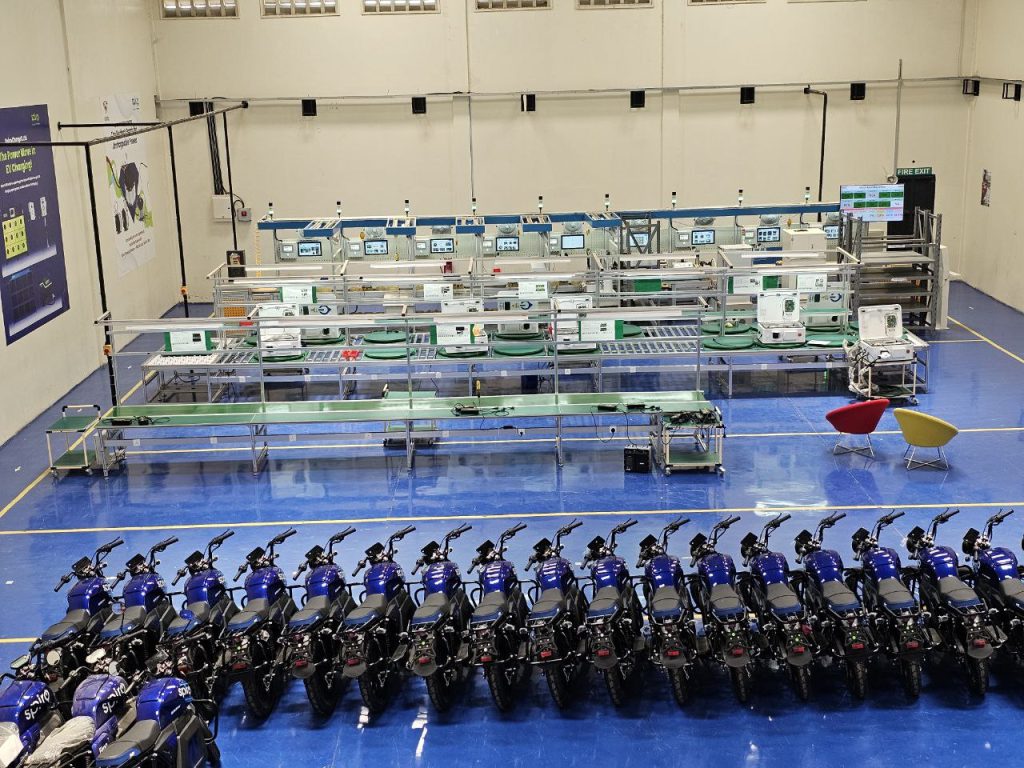
Mrs. Fausat Lamina, owner of Amori Stores Surulere prior to being introduced to Wabi2B mostly visited Lagos Island or Mushin markets in Lagos to source for her stock.
According to Lamina, the stress was too much because she had to wake up very early to visit the markets earlier mentioned. To add to the stress, the items she planned to buy were usually not available at the quantity she wanted, prices were too high and the pressure of transporting the goods to her store was a turnoff.
This story is not peculiar or unique to Mrs Lamina, thousands of women not only in Lagos but across major cities in Nigeria encounter these challenges. Women and owners of informal businesses have to brave them to ensure that their mom and pop stores do not run out of items which conclusively leads to loss of customers.
These are some of the experiences of many microbusinesses in Nigeria which are owned by women. PricewaterhouseCoopers (PwC) in a recent report said that Nigerian women accounted for 41% of the ownership of microbusinesses in Nigeria.
Unfortunately, the Covid-19 pandemic did not bring any relief to the owners of informal businesses. Informal businesses were adversely affected as they found it cumbersome to journey the market to restock.
Covid-19 undoubtedly underscored the importance of the digital economy.
Recognising this, Wabi2B, a B2B ecommerce marketplace backed by Coca-Cola was
launched in Nigeria. Wabi2B enables FMCGs to sell all their products directly to the traditional stores through multiple channels allowing them to know each customer.
What Wabi2B means is that retailers can simply download the app from Google
Playstore, register/signup and start placing orders for the items they sell. With Wabi2B, retailers do not need to go through the unpleasant experience of frequent market visits.
These retailers 90% of whom are women are now able to use their smartphones to order items on Wabi2B themselves. For those who still struggle to place orders online, Wabi2B facilitates offline ordering through connection with the omnichannel
contact centre or engagement of the field sales representatives also known as hunters.
Wabi2B currently has over 25,000 retailers of which 90% are women and it has experienced growth on a month-on-month basis. Mrs Lamina who started as a retailer and is now a wholesaler on Wabi2B has recorded a 100% increase in sales since signing up. For her, she no longer relies on walk-in customers for sales. Wabi2B provides the retail customers.
The key innovation here is that Wabi2B is building a platform that is bringing convenience to informal businesses run by women while guaranteeing the best price and quickest delivery. Thanks to Wabi2B, these women who are the economic backbone of Nigeria would have been exempted from the digital economy because they would have had to continue to operate offline.
Country Manager of Wabi Nigeria, Omolara Adagunodo sees a lot of opportunities in the emerging B2B eCommerce business space in Nigeria. A previous c-level manager at Jumia, she is confident that Wabi2B is well-positioned to help women succeed in their small businesses and at the same time digitise the fragmented sme industry in Nigeria.
“Wabi2B is the marketplace of choice to help your business succeed. It is a convenient one-stop solution providing a broad assortment of products with enhanced business intelligence & supporting more efficient procurement to drive your sales, improve your productivity and expand your services. More convenience & flexibility, she says.
“We are digitising the biggest Road To Market (RTM) in the world which will enable the delivery of a digitally enabled growth model with its eB2B marketplace.”
On plans for Wabi2B, Adagunodo adds that the company’s biggest goals are to provide an unparalleled customer experience, scale across Lagos and other cities in Nigeria, and continue to maintain the best prices across all categories.



















